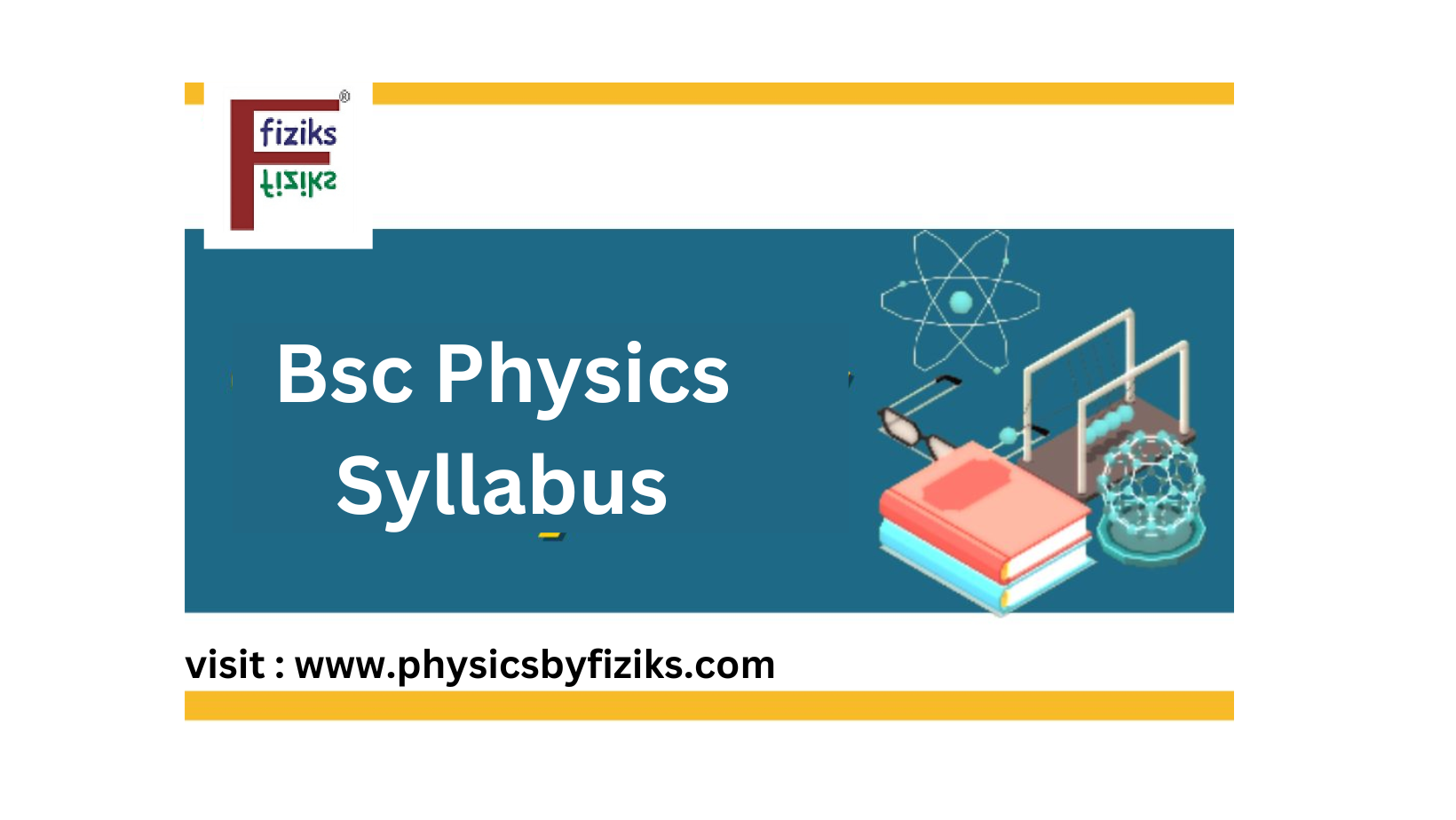Comprehensive Guide to the BSc Physics Syllabus

Pursuing a Bachelor of Science in Physics is a rewarding journey for students who are passionate about understanding the fundamental laws of nature. The BSc Physics syllabus is designed to equip students with theoretical knowledge and practical skills, preparing them for various careers in science, research, education, and technology.
Introduction to BSc Physics
BSc in Physics is typically a three-year undergraduate program divided into six semesters. It combines core concepts of classical and modern physics with laboratory work and mathematical analysis. The BSc Physics syllabus varies slightly depending on the university, but the core structure remains consistent across most institutions.
Semester-Wise Breakdown of the BSc Physics Syllabus
Semester 1 & 2: Foundation of Physics
Mechanics
Mathematical Physics – I & II
Electricity and Magnetism
Laboratory work: Basics of measurement, error analysis, and practical experiments related to mechanics and electricity.
These semesters introduce students to the basic principles of physics and mathematical techniques that form the backbone of advanced studies.
Semester 3 & 4: Expanding the Concepts
Thermal Physics
Digital Systems and Applications
Oscillations and Waves
Analog Systems and Applications
Elements of Modern Physics
Laboratory work: Experiments in heat, thermodynamics, and electronic circuits.
These topics help build a more in-depth understanding of physical systems and prepare students for practical applications in instrumentation and measurement.
Semester 5 & 6: Advanced and Applied Physics
Quantum Mechanics
Solid State Physics
Electromagnetic Theory
Statistical Mechanics
Nuclear and Particle Physics
Laboratory work: Practical sessions based on quantum theory, solid-state experiments, and project work.
The final year focuses on advanced physics topics and research-based learning, which enhances problem-solving and analytical thinking.
Electives and Skill-Based Courses
Apart from the core subjects, the BSc Physics syllabus includes elective papers such as:
Astronomy and Astrophysics
Renewable Energy Sources
Physics of Materials
Computational Physics
These electives allow students to explore specialized interests and align their studies with potential career goals.
Skill Development Through the Syllabus
The curriculum is structured to promote critical thinking, data analysis, laboratory techniques, and scientific communication. Students also engage in seminars, project work, and internships, which enhance their employability and research potential.
Conclusion
The BSc Physics syllabus offers a balanced blend of theory, practicals, and research opportunities. It builds a strong foundation for students aspiring to pursue higher education or careers in diverse fields like data science, teaching, space research, or electronics. Choosing physics opens the door to exploring the universe, one equation at a time.
- Art
- Causes
- Crafts
- Dance
- Drinks
- Film
- Fitness
- Food
- Παιχνίδια
- Gardening
- Health
- Κεντρική Σελίδα
- Literature
- Music
- Networking
- άλλο
- Party
- Religion
- Shopping
- Sports
- Theater
- Wellness


